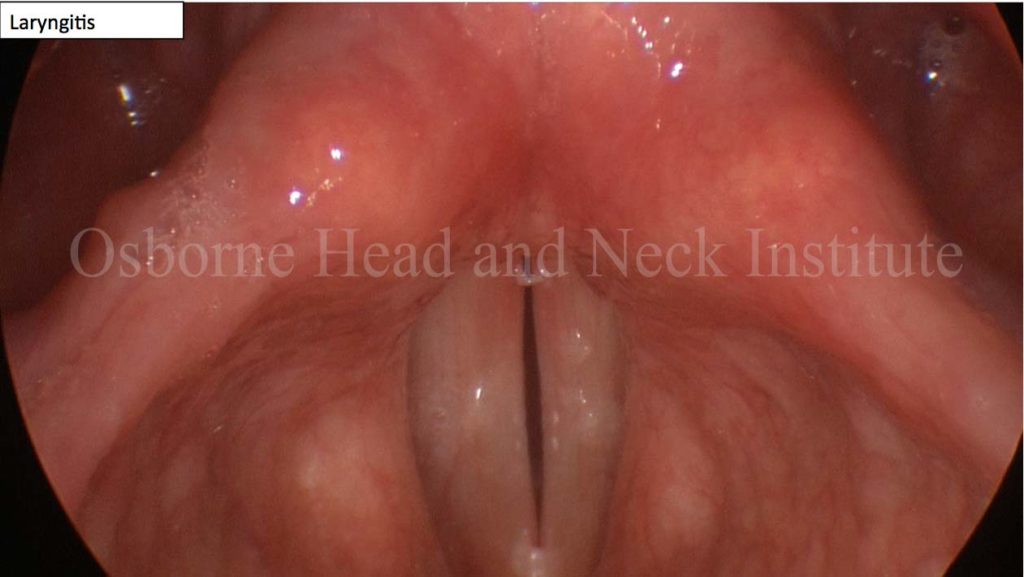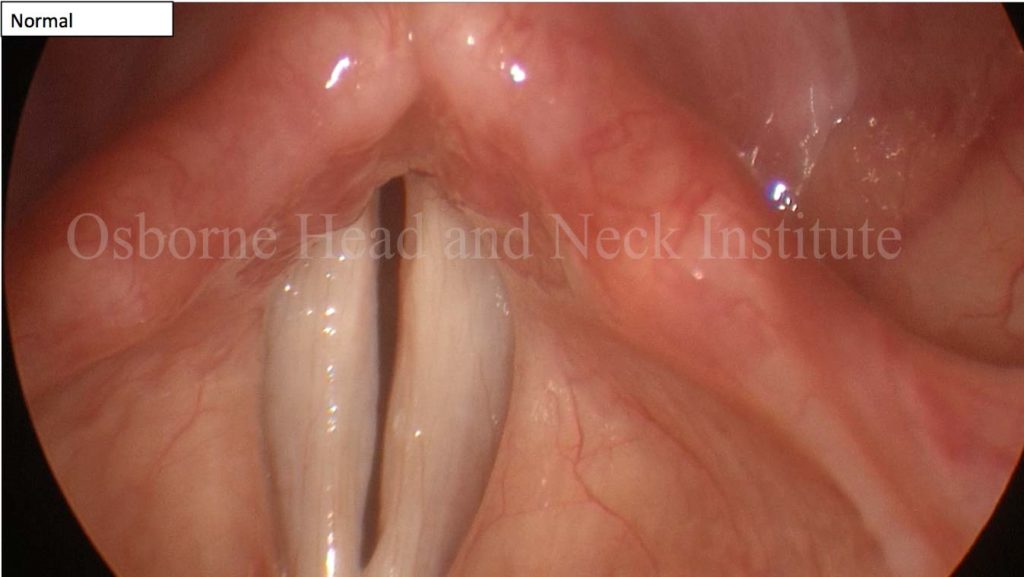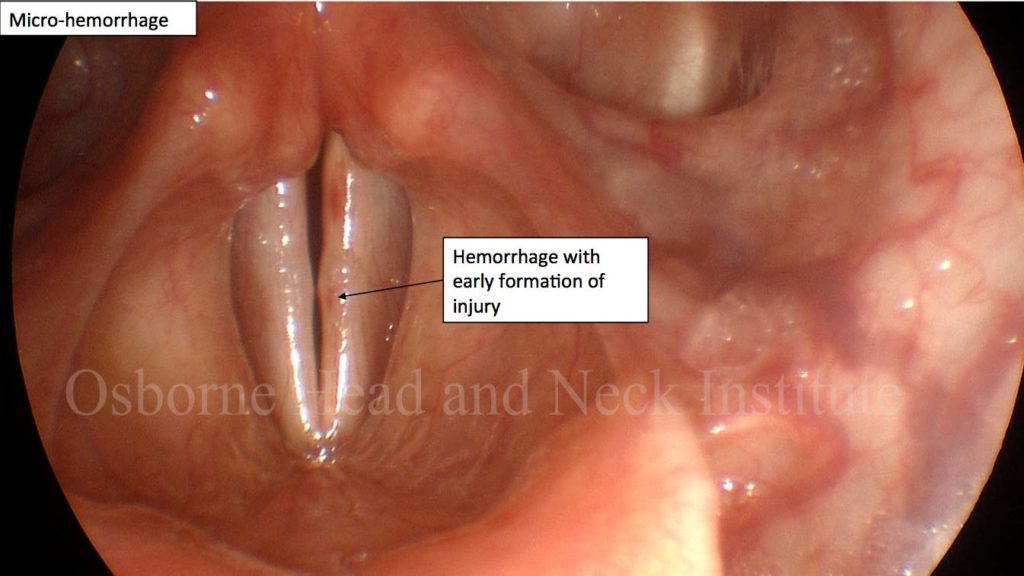- Question: How do the ingredients in e-cigarettes and vaporizers affect respiratory health? - August 16, 2019
- Bad Technique and Vocal Injury - January 9, 2019
- Is Edible Marijuana Dangerous for the Voice? Myths Dispelled - December 18, 2018
- Surprise! You have a hemorrhage - January 31, 2018
- Graves’ Disease: Treatment Overview - September 25, 2017
- Adele and the Stigma of Vocal Injury - July 11, 2017
- Vocal Curbside Consult: How does the thyroid affect the voice? - May 16, 2017
- Vocal Curbside Consult: How do hormones affect the voice? - May 3, 2017
- Vocal Curbside Consult: How do emotion and stress affect the voice? - April 17, 2017
- Vocal Curbside Consult: Vocal Recovery After Illness - April 7, 2017
Every week, Dr. Reena Gupta asks the voice community to pose their questions about voice and vocal health. One question is chosen weekly to be answered in depth. If you would like to receive updates on Vocal Curbside Consult, please follow Dr. Gupta on Facebook.
Q: Every time I get sick, my voice is the first thing to go, and the last thing to recover. What’s the deal?
A: During an illness, every singer has inflammation of their vocal folds that makes it harder to sing. While this may not be their “first thing to go,” they do likely notice it first because it impacts their work. Also, nearly all illness affects the voice. Upper respiratory (i.e., sinusitis), lower respiratory (i.e., bronchitis), and gastrointestinal (i.e., gastroenteritis/vomiting) illnesses are the most common and all affect the voice because the larynx sits in the middle of these systems. However, after the symptoms of illness subside, many singers still struggle with their voice for significant periods of time. There are many variables that determine how a singer will recover from illness.
Before illness
- Pre-existing medical conditions such as allergies or asthma, virtually guarantee a longer sick period and recovery period.
- Pre-existing injury worsens when a singer is sick.
During illness
- Severity of illness: Complicated illnesses take longer to recover.
- Voice use during illness: Singing during illness will worsen the swelling. Not speaking may allow a sick singer to sing when managed with a laryngologist.


- Hemorrhage: Recovery is longer, or incomplete, if there is a bruise from voice use.

- Care during illness: While medications should be taken with caution, when done with your laryngologist, this may avoid permanent injury and expedite recovery.

- Symptoms of illness: Not all illnesses are the same. Those with more coughing, for example, will result in a longer recovery.
After illness
- Ongoing care: Continuing treatment into your “healthy” period allows quicker recovery and prevents bounceback of inflammation.
- Muscular: After illness, singers can go into a laryngeal protective state, where muscles and ligaments around the larynx tighten. Manual therapy during this time can be helpful to restore vocal flexibility and upper range.
- Music type: Some musical genres and parts of the range are more forgiving of inflammation than others. For example, the top of the range and the vocal break are most affected by inflammation. These are usually the last to recover and singers should expect this.
- Individual variability: One of the most frustrating things for singers is accepting that everyone’s body is different. While one singer might shake an illness within a week, another might struggle for a month. While the above variables impact outcomes, it is important to recognize the limitations and needs of your own body.
The list of things that impact recovery is long. This should highlight that colds are not simple for singers, and require a higher level of care. Singers should always be examined when sick and should be aggressive in management of illness. Singers are at their most fragile when sick and vocal injury most commonly occurs during illness. With careful management, examination, and follow up with a laryngologist, singers can get through illness quickly and with a low risk for injury.



